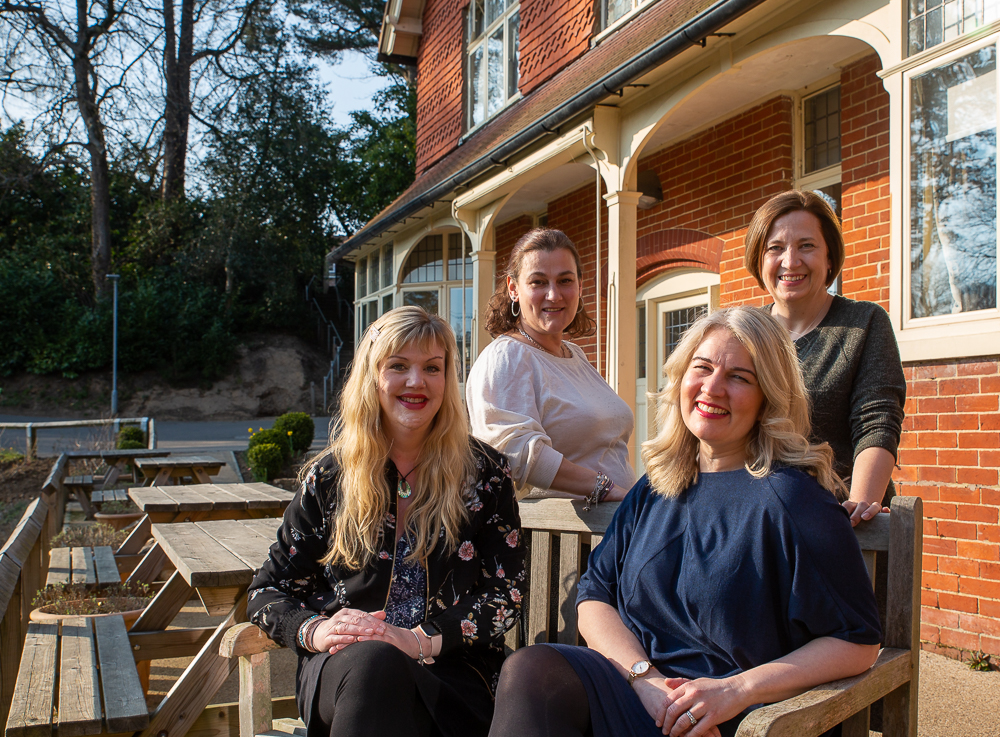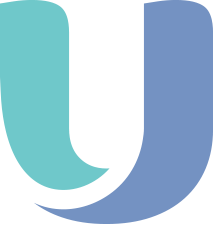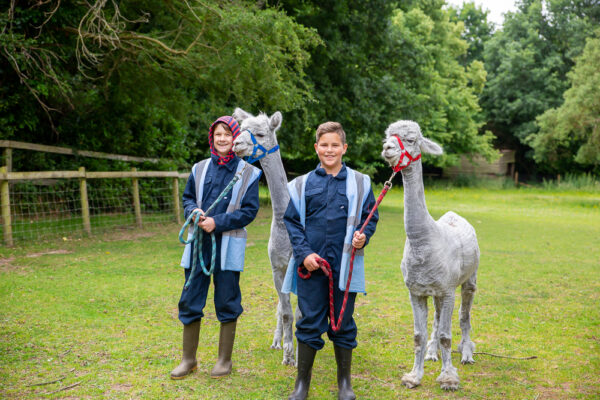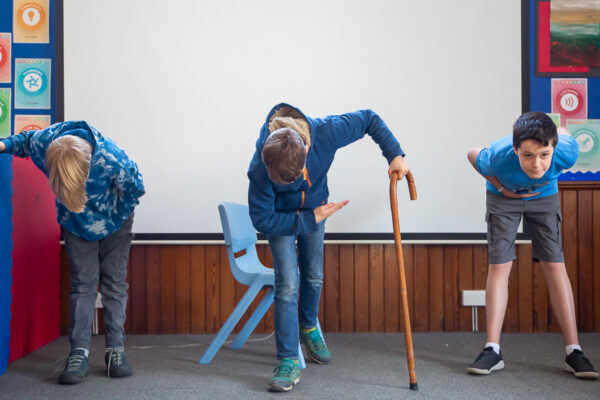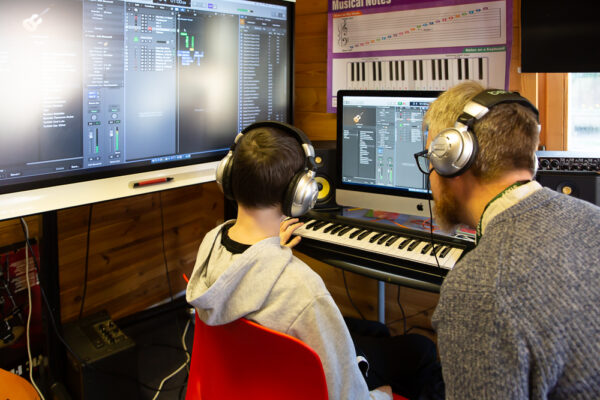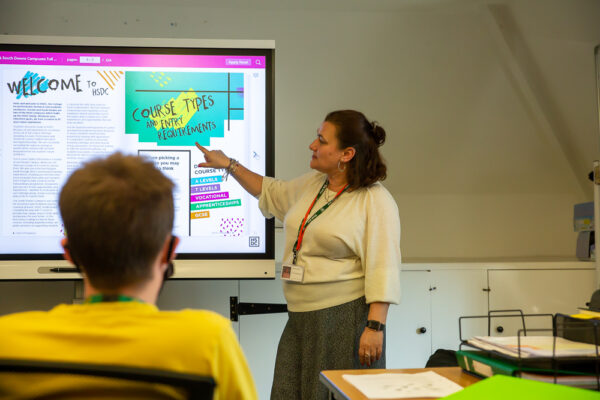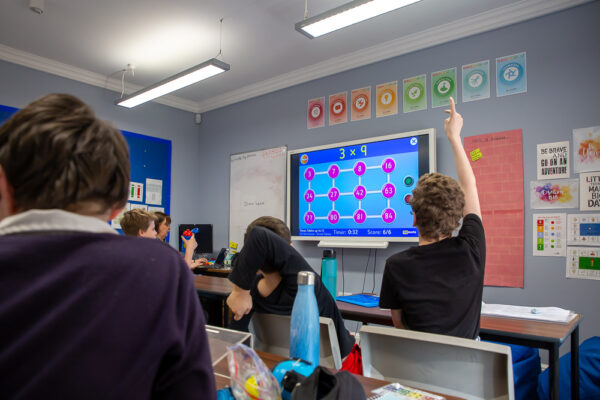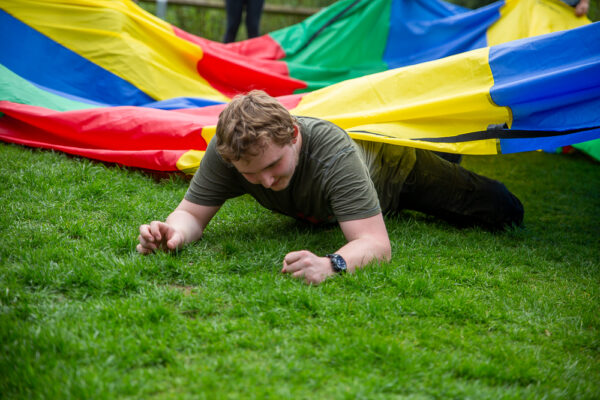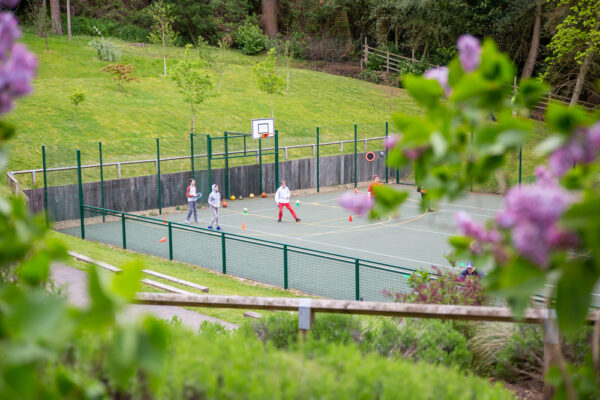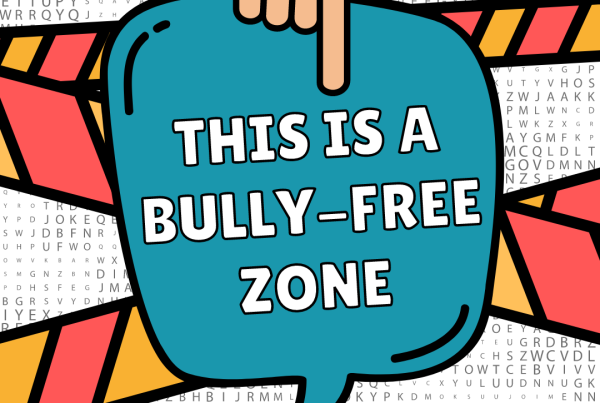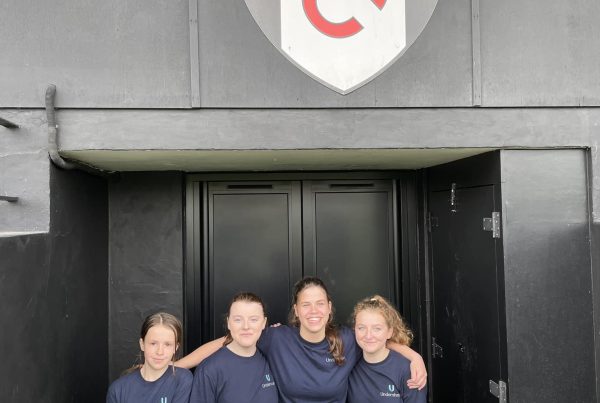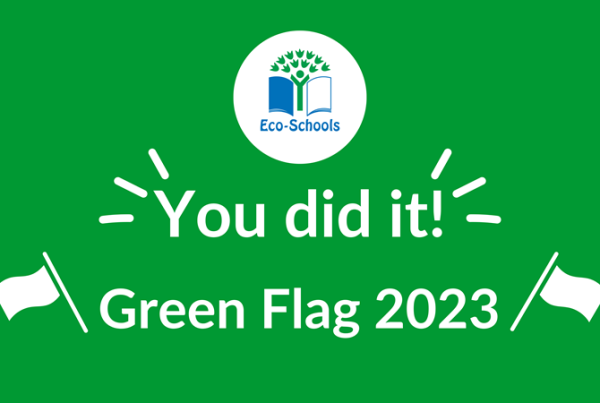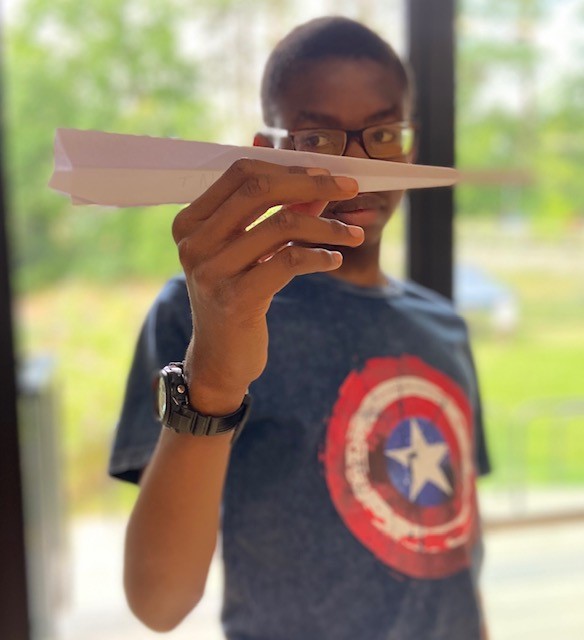
In the Summer of 2021 Undershaw was awarded the Skills Builder Silver Award. This was a fantastic achievement, a trailblazing industry standard for Undershaw to pin to our mast, and recognition against an offer we always knew was a very special thing. The Silver Award was testament to the fact that Life Skills, those all-important soft skills that we know are the grease in the wheels of ‘real life’, have been embedded throughout our curriculum, and wider school life.
In true Undershaw style, we weren’t stopping there. There were immediate rumblings that we could drive the curriculum further, and by using the Skills Builder framework alongside our innovative SEND-specific teaching and learning methods, we could illustrate the extent to which our provision is fit for the future.

What is Skills Builder?
We utilise the Skills Builder Framework throughout the school in order to identify, coach, and embed the life skills necessary for our students to thrive in their lives beyond the school gates. The 8 Essential Skills are vital for ensuring students can inter-relate effectively at school, at home, in employment, and form impactful relationships into adulthood.
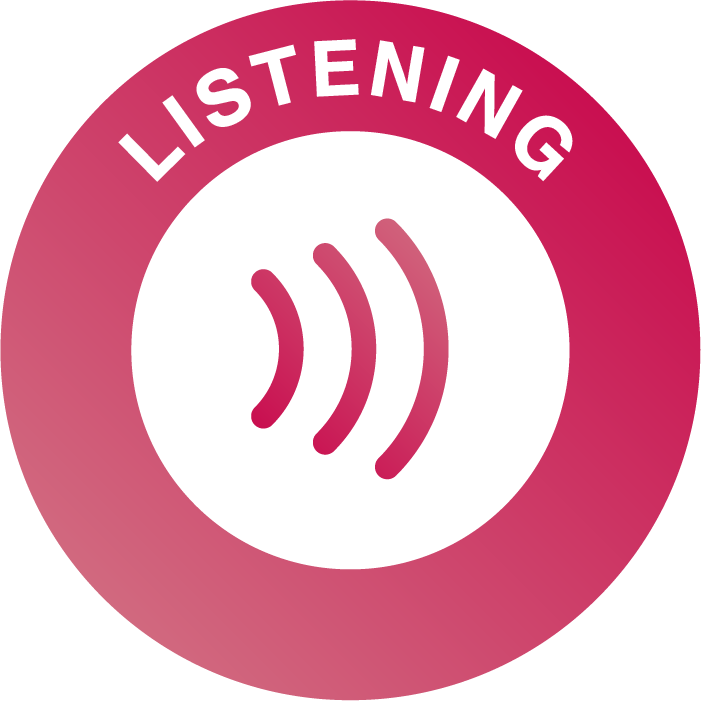
Listening
The receiving, retaining and processing of information or ideas
This skill is all about being able to effectively receive information – whether it comes from customers, colleagues, or stakeholders. Initially, the skill steps concentrate on being able to listen effectively to others – including remembering short instructions, understanding why others are communicating and recording important information. Individuals then focus on how they demonstrate that they are listening effectively, thinking about body language, open questioning and summarising and rephrasing. Beyond that, the focus is on being aware of how they might be being influenced by a speaker, through tone and language. The final steps are about critical listening – comparing perspectives, identifying biases, evaluating ideas and being objective.
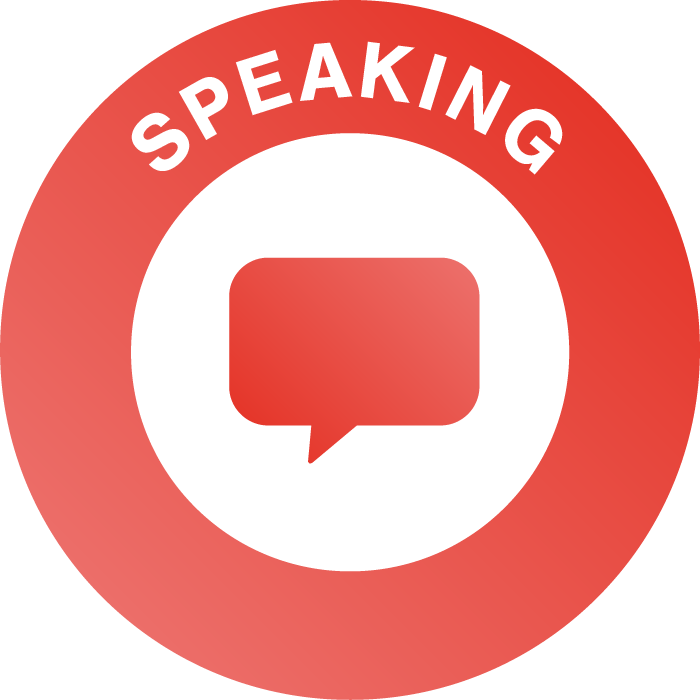
Speaking
The oral transmission of information or ideas
This skill is all about how to communicate effectively with others, being mindful of whether they are talking to customers, colleagues or other stakeholders and in different settings. Initially, this skill focuses on being able to speak clearly – first with well known individuals and small groups and then with those who are not known. The next stage is about being an effective speaker by making points logically, by thinking about what listeners already know and using appropriate language, tone and gesture. Beyond that, individuals focus on speaking engagingly through use of facts and examples, visual aids, and their expression and gesture. Beyond that stage, speakers will be adaptive to the response of their listeners and ready for different scenarios. The final steps focus on speaking influentially – using structure, examples, facts and vision to persuade listeners.
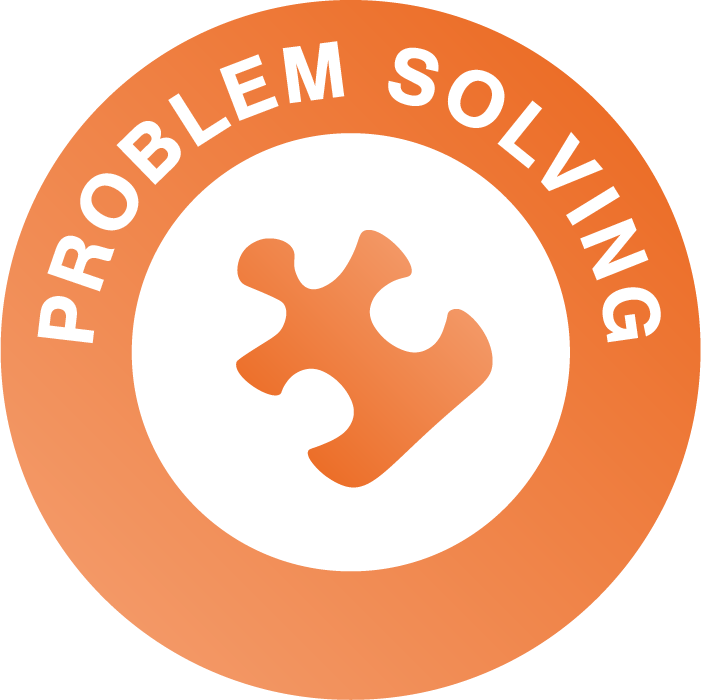
Problem Solving
The ability to find a solution to a situation or challenge
This skill focuses on how to solve problems, recognising that while part of Problem Solving is technical know-how and experience, there are also transferable tools that individuals can develop and use. The first steps focus on being able to follow instructions to complete tasks, seeking help and extra information if needed. The next stage focuses on being able to explore problems by creating and assessing different potential solutions. This includes more complex problems, without a simple technical solution. Beyond this, the focus is on exploring complex solutions – thinking about causes and effects, generating options, and evaluating those options. This extends into analysis using logical reasoning and hypotheses. Finally, individuals implement strategic plans to solve complex problems, assess their success, and draw out learning for the future.
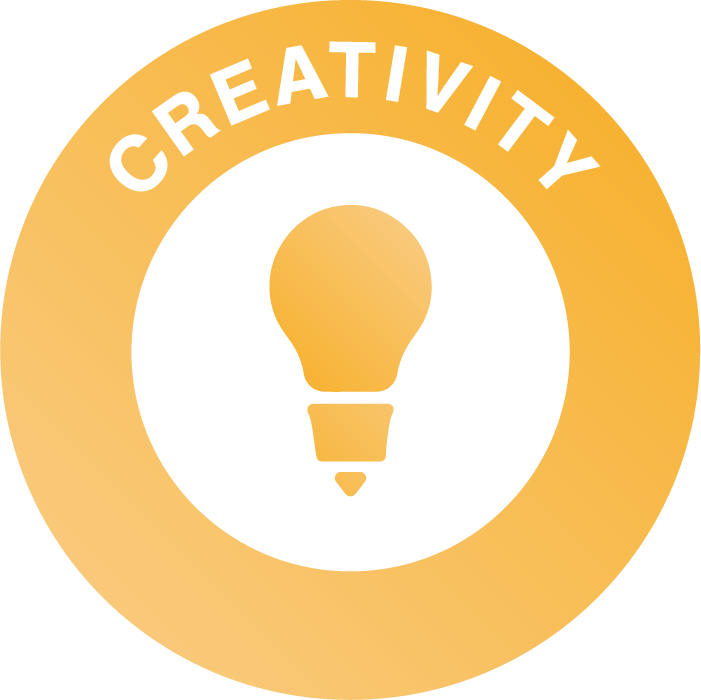
Creativity
The use of imagination and the generation of new ideas
Creativity is the complement to Problem Solving and is about generating innovations or ideas which can then be honed through the problem-solving process. The first few steps focus on the individual’s confidence in imagining different situations and sharing their ideas. The focus is then on generating ideas – using a clear brief, making improvements to something that already exists and combining concepts. Individuals then apply creativity in the context of their work and their wider life. They can build off this to develop ideas using tools like mind mapping, questioning, and considering different perspectives. The most advanced steps focus on building effective innovation in group settings and by seeking out varied experiences and stimuli. Finally, individuals support others to innovate, by sharing tools, identifying the right tools for the situation and through coaching.
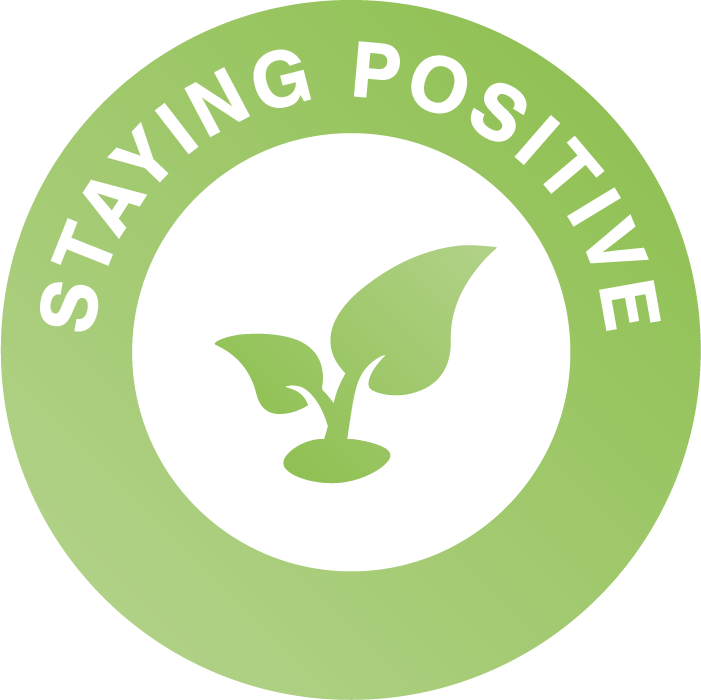
Staying Positive
The ability to use tactics and strategies to overcome setbacks and achieve goals
This skill is all about individuals being equipped to manage their emotions effectively and being able to remain motivated, and ultimately to motivate others, even when facing setbacks. The early steps focus on identifying emotions – particularly feeling positive or negative. Building off that is the ability to keep trying – and then staying calm, thinking about what went wrong, and trying to cheer up and encourage others. The focus then turns to identifying new opportunities in difficult situations, sharing those, and adapting or creating plans accordingly. At more advanced steps, individuals identify and manage risks and gains in opportunities. Finally, individuals support others to stay positive by managing their own response, helping others to see opportunities and creating plans to achieve them.
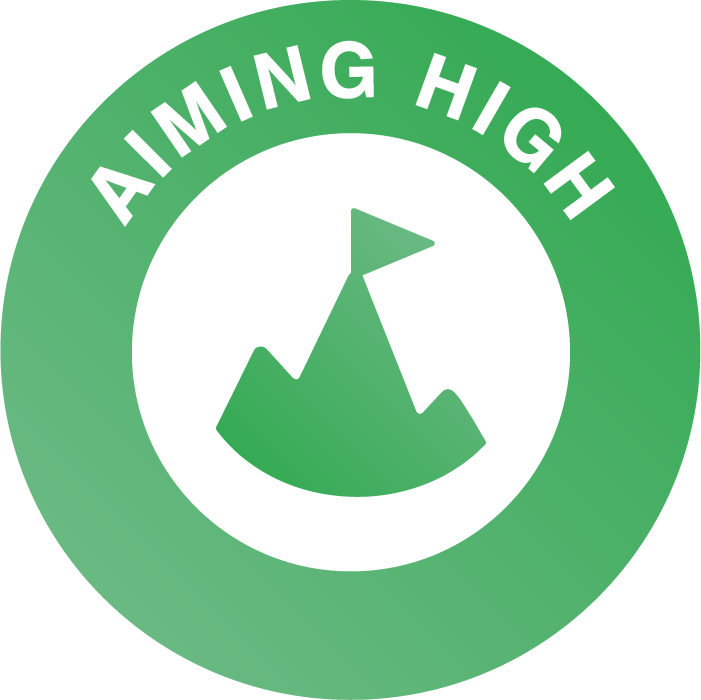
Aiming High
The ability to set clear, tangible goals and devise a robust route to achieving them
This skill is about being able to plan effectively – both to achieve organisational goals, and also to set their own personal development targets. Initially, this is about knowing when something is too difficult, and having a sense of what doing well looks like for an individual. The focus is then about working with care and attention, taking pride in success and having a positive approach to new challenges. Building on this, individuals set goals for themselves, informed by an understanding of what is needed, and then be able to order and prioritise tasks, secure resources and involve others effectively. At the higher steps, the focus is creating plans informed by an individual’s skill set, with clear targets, and building on external views. At the most advanced level, individuals develop long-term strategies. These are informed by an assessment of internal and external factors, structured through regular milestones and feedback loops.
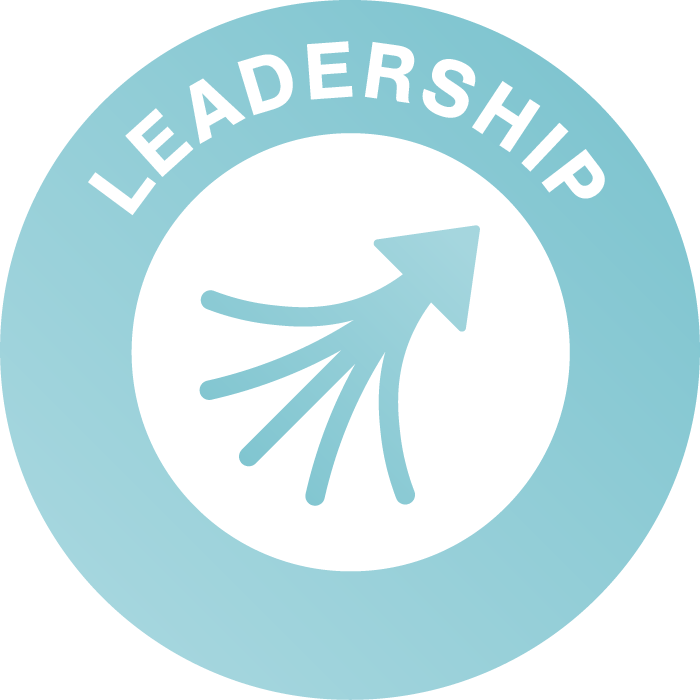
Leadership
Supporting, encouraging and developing others to achieve a shared goal
This skill is relevant not only for individuals in positions of management with formal power, but also for individuals working with peers in teams. At the earliest stages, the focus is on basic empathy – understanding their own feelings, being able to share them, and recognising the feelings of others. The focus is on managing – dividing up tasks, managing time and sharing resources, managing group discussions and dealing with disagreements. Beyond that, individuals build their awareness of their own strengths and weaknesses, and those of their teams. This allows them to allocate tasks effectively. They then build techniques to mentor, coach and motivate others. At the highest steps, individuals will be able to reflect on their own leadership style and understand its effect on others. Ultimately, they should be able to build on their strengths and mitigate their weaknesses, and adapt their leadership style to the situation.
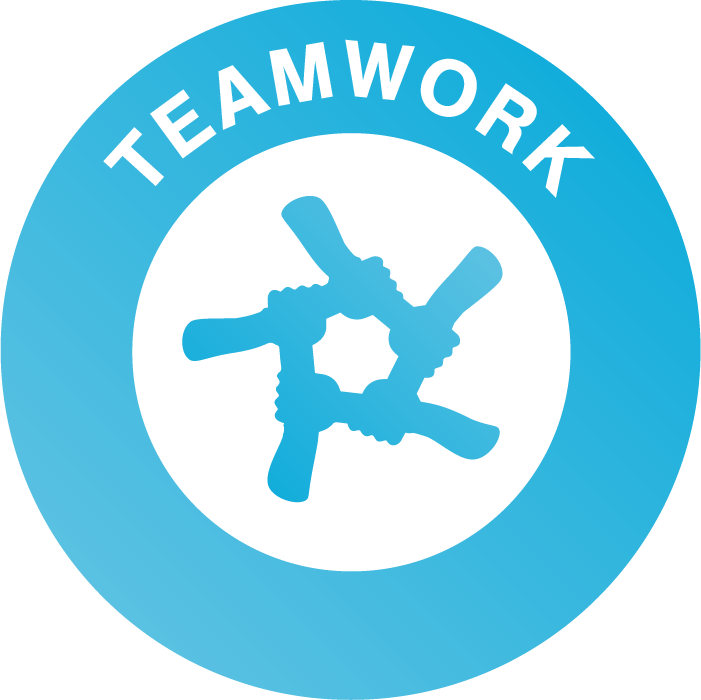
Teamwork
Working cooperatively with others towards achieving a shared goal
This skill applies to working within both formal and informal teams, and also with customers, clients or other stakeholders. Initially, this is about individuals fulfilling expectations around being positive, behaving appropriately, being timely and reliable and taking responsibility. This extends to understanding and respecting diversity of others’ cultures, beliefs and backgrounds. The next steps focus on making a contribution to a team through group decision making recognising the value of others’ ideas and encourage others to contribute too. Beyond that, individuals improve their teams through managing conflict and building relationships beyond the immediate team. At the top steps, individuals focus on how they influence their team through suggesting improvements and learning lessons from setbacks. Ultimately, individuals support the team by evaluating others’ strengths and weaknesses and bringing in external expertise and relationships.
With the introduction of Discovery Days into our curriculum for the 2021-2022 academic year, the true potential of an Undershaw Diploma quickly began to unveil itself. With the cross-curricular foresight and continual quest for improvement driven by Clare Wickens, our Independence Coach, alongside Vic Walker, our Head of Education (and exams guru), a fully accredited qualification began to emerge. AQA were delighted to award a qualification against this innovative and ground-breaking pillar of our curriculum.
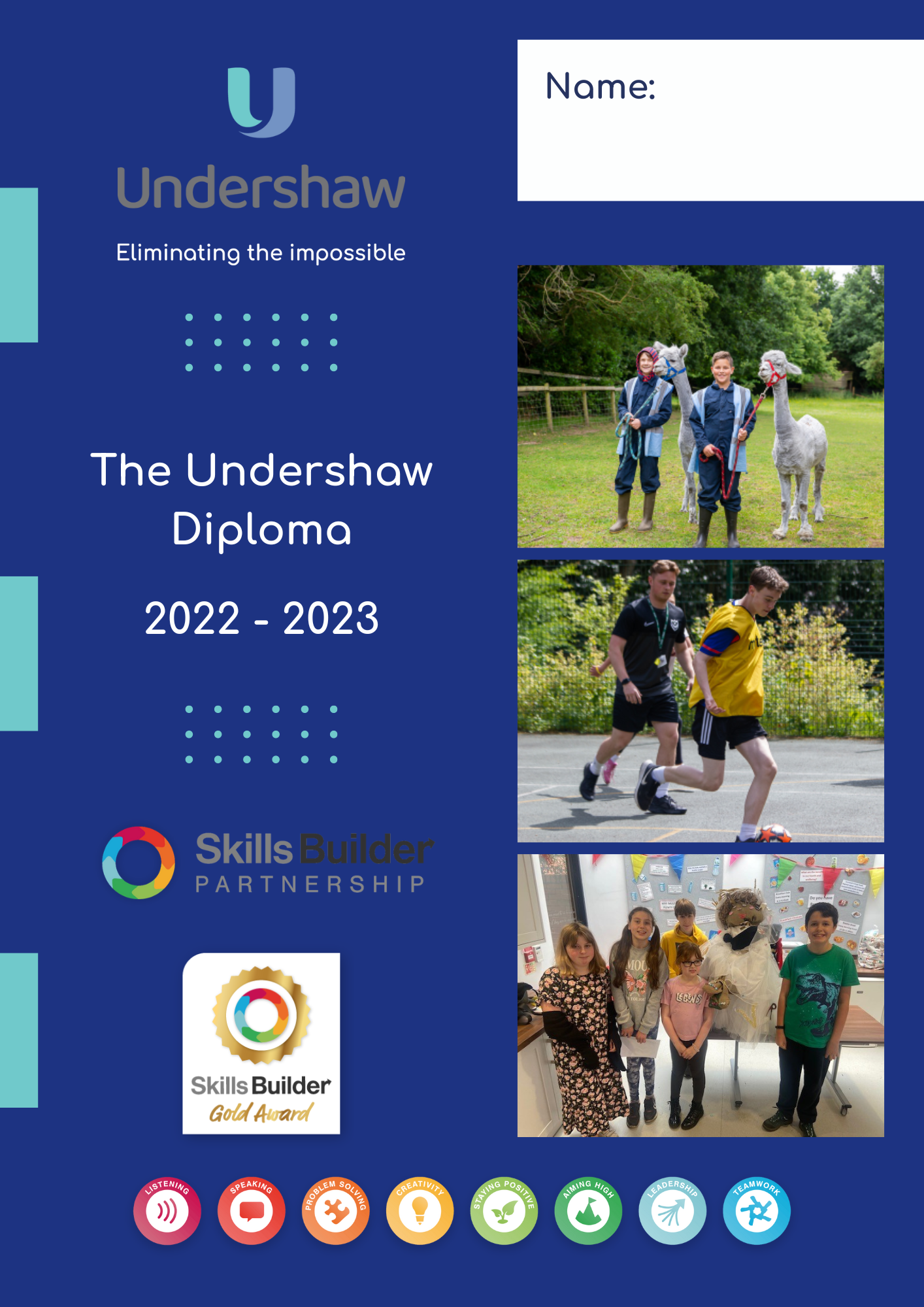
We embed opportunities for students to enrich their school day with the Skills Builder Framework and work towards the Undershaw Diploma in a host of ways:
- Our Enrichment Curriculum via our unique Discovery Days
- Our Taught Curriculum – lessons are delivered alongside the Skills Framework
- Our Experiential Curriculum – our Project Based Learning methods and outdoor activities.
- Our strong Pastoral System – House Points are awarded as recognition for improvement and attainment.
”Having started the year with a silver kite, I am incredibly proud to share that, having submitted our case study and evidence, we have successfully achieved Skills Builder Gold Award Status! This was an enthusiastic team effort to thread essential skills through our curriculum and embed the language in the culture of the school community. A special mention for Clare Wickens our Independence Coach who has worked incredibly hard on this running training sessions and writing the AQA Awards that form our Undershaw Diploma. The Employability & Life Skills Team are excited to build on the successes from this year supporting a dynamic curriculum for 2022-23. We really are ending the year flying our gold kite high in the sky – well done Team Undershaw!
Leilah SheridanHead of Employability and Life Skills, Undershaw
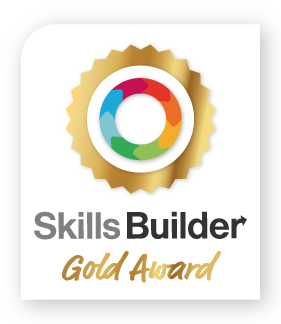
”I’m so proud of the team, and that team includes our amazing students! They have worked so hard to ensure that the Diploma is a useful, real, and fundamentally differentiating aspect of our curriculum - that it really does make a difference to each experience our students have at Undershaw, be it in the classroom, on work experience, or at break time just hanging out with their friends. The skills are everywhere, and I’m so pleased with what we’ve all achieved this year to bring this to life. Soft Skills are ‘the ties that bind’ and we have shown that ‘soft’ is by no means ‘easy’. We have focussed, measured, practised, reviewed and achieved – and we’ve done it together!
Clare WickensIndependence Coach, Employability and Life Skills, Undershaw
